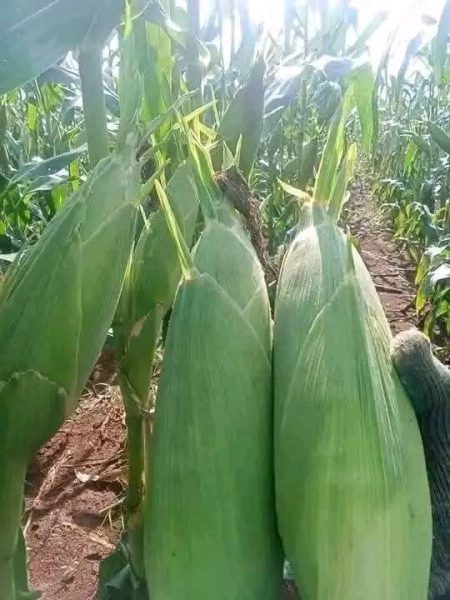The Indian Council of Agricultural Research–Indian Institute of Maize Research (ICAR-IIMR) and Biotech Consortium India Limited (BCIL) jointly organized a Brainstorming Workshop on Biotech Intervention in Maize: Challenges and Opportunities on September 1, 2025, in Ludhiana, Punjab. The event drew about 80 participants, including scientists, researchers, and students from ICAR-IIMR, Punjab Agricultural University (PAU), Guru Angad Dev Veterinary and Animal Sciences University (GADVASU), and ICAR-CIPHET, alongside representatives from the seed, feed, and fuel industries.
Maize in India’s agricultural landscape
In his keynote address, Dr. H. S. Jat, Director of ICAR-IIMR, underscored maize’s growing importance, particularly in meeting the rising demand from the ethanol sector, which has expanded due to blending initiatives since 2012. Despite this demand, India’s maize productivity remains below the global average, creating challenges in meeting the government’s 30 percent blending target. Dr. Jat highlighted the urgent need to bridge yield gaps through improved management practices, varietal advancements, and public–private collaboration. He also shared that research on gene-edited maize is underway, with field trials of genetically modified (GM) maize being conducted at PAU.
Chief guest Dr. Ajmer Singh Dhatt, Director of Research at PAU, emphasized the importance of integrating modern biotechnology tools—such as genetic engineering and gene editing—into conventional breeding programs. He argued that such approaches could deliver yield improvements of 10–15 percent and strengthen maize’s role as a water-efficient crop in Punjab, provided farmers are assured of higher returns.
Industry perspectives
Dr. Rajvir Rathi, Director of Agricultural Affairs & Policy (South Asia) at Bayer Crop Science, pointed to the combined challenges of climate variability, pest pressures, and stagnating yields. He highlighted biotechnology’s role in producing drought-tolerant, pest-resistant, and nutritionally enhanced maize varieties, which can reduce costs, stabilize production, and secure farmer livelihoods.
Technical and regulatory insights
The workshop’s technical session featured two key presentations:
- “Prospects of Genetic Engineering and Gene Editing in Maize Improvement” by Dr. Krishan Kumar, ICAR-IIMR Delhi Unit, who shared updates on genome editing using CRISPR and ongoing GM maize field trials approved by the Genetic Engineering Appraisal Committee (GEAC).
- “Emerging Regulatory Policies for Agribiotechnology: An Overview” by Dr. Vibha Ahuja, BCIL, who detailed India’s biosafety framework. She also explained that gene-edited plants under SDN-1 and SDN-2 categories are exempt from certain biosafety regulations once confirmed free of foreign DNA.
Dr. Ahuja also noted that India has taken significant policy measures since 2022, including the release of two gene-edited rice varieties in 2025.
Expert deliberations and consensus
A panel discussion brought together leading experts from academia and industry, including Dr. N. K. Singh (GBPUAT), Dr. Nandita Limbu (Syngenta India), Dr. Uday Shetty (Advanta India), Dr. Pranjal Yadava (IARI), Dr. Yogesh Vikal (PAU), and Dr. Gulshan Singh Rana (Bayer Crop Science).
The discussion concluded with a strong consensus: India must accelerate the responsible adoption of biotechnology in maize to remain competitive globally. Experts stressed that biotechnology is not merely an option, but a necessity for ensuring maize productivity, resilience, and farmer prosperity in the decades ahead.
By Dr. Vibha Ahuja is the Chief General Manager, Biotech Consortium India Limited


